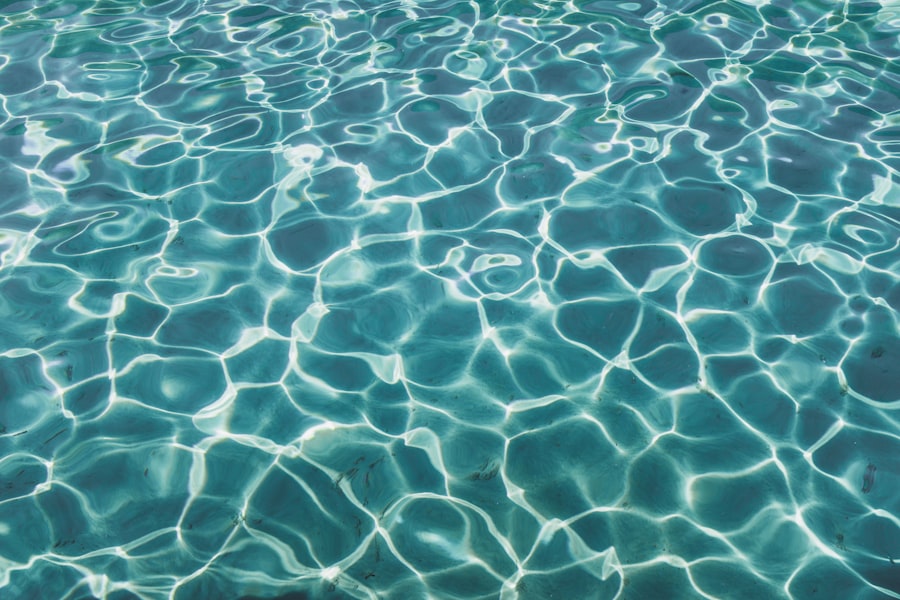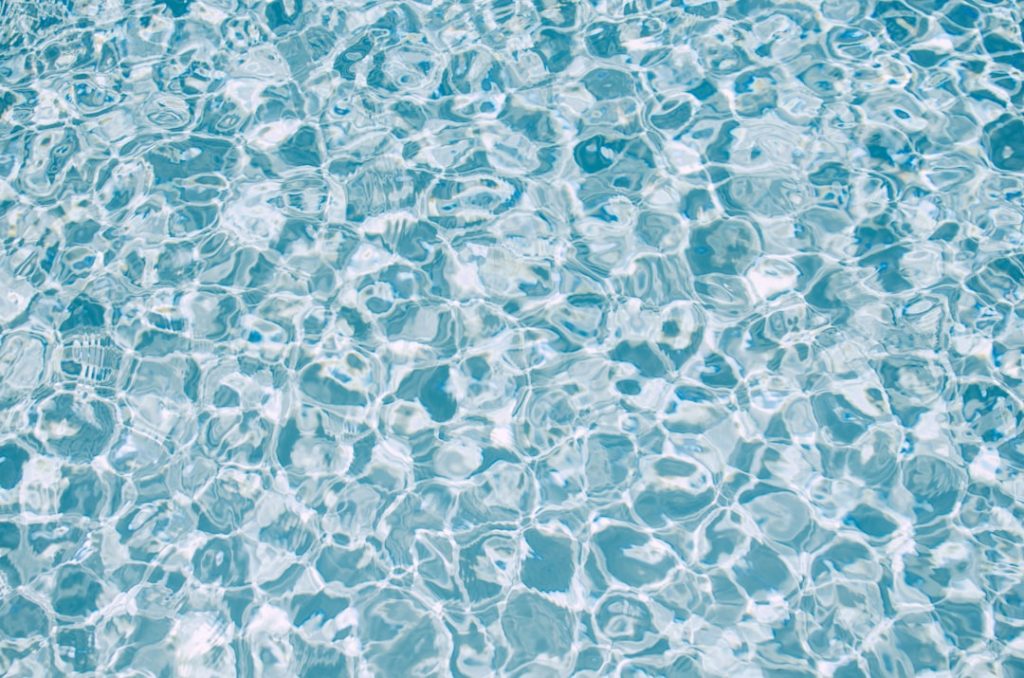Preventing water from freezing is essential for the health and welfare of chickens, particularly during winter. Chickens require constant access to clean, unfrozen water to maintain proper hydration and bodily functions. Dehydration can cause numerous health problems in chickens, including reduced egg production, poor feather quality, and potentially death in severe cases.
Water is also crucial for chickens to regulate their body temperature, especially in cold weather. Without access to unfrozen water, chickens may struggle to stay warm and could be at risk of frostbite or hypothermia. Therefore, poultry farmers and backyard chicken keepers must take proactive steps to prevent their chickens’ water from freezing to ensure the health and well-being of their flock.
Providing chickens with unfrozen water is vital for both their physical health and overall welfare. When chickens cannot access water due to freezing, they may become stressed and agitated, potentially leading to behavioral issues and decreased egg production. In extreme situations, chickens might attempt to consume snow or ice, which can exacerbate dehydration and health problems.
Furthermore, frozen water can prevent chickens from accessing essential nutrients and supplements that may be added to their water, such as vitamins or electrolytes. By recognizing the importance of keeping chickens’ water from freezing, poultry farmers and chicken keepers can prioritize their flock’s well-being and ensure that their chickens remain healthy throughout the winter months.
Table of Contents
- 1 Tips for Preventing Chickens’ Water from Freezing on the Farm
- 2 Utilizing Insulation and Heating Methods for Chicken Water
- 3 Choosing the Right Watering System for Cold Weather
- 4 Monitoring and Maintaining Chicken Water in Freezing Conditions
- 5 Alternative Solutions for Keeping Chickens’ Water from Freezing
- 6 Ensuring Access to Unfrozen Water for Happy, Healthy Chickens
- 7 FAQs
- 7.1 How can I keep my chickens’ water from freezing in the winter?
- 7.2 What are some tips for preventing chicken water from freezing?
- 7.3 What are the risks of chickens not having access to unfrozen water?
- 7.4 Are there any natural ways to prevent chicken water from freezing?
- 7.5 What should I do if my chickens’ water freezes?
Key Takeaways
- Keeping chickens’ water from freezing is crucial for their health and well-being, especially in cold weather.
- Prevent freezing by using heated waterers, insulating water containers, and using warm water to fill the containers.
- Insulation and heating methods such as heat lamps, heated bases, and wrapping water containers can help prevent freezing.
- Choose the right watering system for cold weather, such as heated poultry fountains or heated pet bowl.
- Monitor and maintain chicken water in freezing conditions by checking water multiple times a day and removing ice regularly.
- Alternative solutions include using solar-powered water heaters, adding electrolytes to water, and using heated water dispensers.
- Ensuring access to unfrozen water is essential for keeping chickens happy and healthy, especially during the winter months.
Tips for Preventing Chickens’ Water from Freezing on the Farm
Heated Waterers: A Reliable Solution
One effective method for preventing water from freezing is to invest in heated waterers specifically designed for poultry. These heated waterers are equipped with built-in heating elements that keep the water at a temperature above freezing, ensuring that chickens have access to unfrozen water throughout the day and night.
Insulation and Regular Maintenance
Additionally, using insulated waterers can help prevent freezing by retaining heat and protecting the water from the cold temperatures. Insulated waterers are designed to keep the water at a stable temperature, reducing the risk of freezing even in the coldest weather conditions. Another tip for preventing chickens’ water from freezing is to regularly check and refill the waterers throughout the day. By frequently monitoring the water supply, farmers can ensure that the waterers are functioning properly and that the chickens always have access to fresh, unfrozen water.
Natural Solutions and Strategic Placement
Adding a small amount of apple cider vinegar to the water can help prevent freezing by lowering the freezing point of the water. This natural solution can be added in small quantities to the chickens’ drinking water to help keep it from freezing in cold temperatures. Furthermore, positioning the waterers in a sheltered area, such as inside the chicken coop or under a covered structure, can help protect them from extreme cold and wind, reducing the risk of freezing. By implementing these tips and strategies, poultry farmers can effectively prevent their chickens’ water from freezing and ensure that their flock remains healthy and hydrated throughout the winter months.
Utilizing Insulation and Heating Methods for Chicken Water

When it comes to keeping chickens’ water from freezing, utilizing insulation and heating methods can be highly effective in preventing freezing and ensuring that the flock has access to unfrozen water. One method for insulating chicken waterers is to use foam insulation sleeves specifically designed for poultry waterers. These sleeves are designed to wrap around the waterer, providing an extra layer of insulation to help retain heat and prevent freezing.
Additionally, using heat tape or heat cables around the waterers can help maintain a consistent temperature and prevent freezing in extremely cold conditions. These heating methods are designed to activate when temperatures drop, ensuring that the water remains above freezing at all times. Another effective heating method for chicken water is to use heated base plates or heated pads underneath the waterers.
These heated bases are designed to keep the water at a stable temperature, preventing freezing even in sub-zero temperatures. Additionally, using heated rocks or bricks inside the waterers can help keep the water from freezing by providing a source of warmth. These heating methods are particularly useful for outdoor waterers or those located in areas with extreme cold temperatures.
By utilizing insulation and heating methods for chicken water, poultry farmers can effectively prevent freezing and ensure that their flock has access to clean, unfrozen water throughout the winter months.
Choosing the Right Watering System for Cold Weather
Choosing the right watering system for cold weather is essential for preventing chickens’ water from freezing and ensuring that the flock remains healthy and hydrated. One popular option for cold weather is heated poultry waterers, which are specifically designed to keep the water at a temperature above freezing. These heated waterers come in various sizes and styles, including traditional fount-style waterers and automatic watering systems, providing poultry farmers with options to suit their specific needs.
Additionally, heated poultry drinkers with insulated covers are available, providing an extra layer of protection against freezing temperatures. Another option for cold weather is heated poultry nipples or drinkers that are designed to activate when temperatures drop below freezing. These automatic watering systems are equipped with built-in heating elements that prevent the water from freezing while minimizing energy consumption.
Furthermore, using heated buckets or pails with built-in heating elements can provide an effective solution for preventing freezing in outdoor environments. These heated buckets are designed to keep the water at a stable temperature, ensuring that chickens have access to unfrozen water even in extreme cold conditions. By choosing the right watering system for cold weather, poultry farmers can effectively prevent their chickens’ water from freezing and ensure that their flock remains healthy and hydrated throughout the winter months.
Monitoring and Maintaining Chicken Water in Freezing Conditions
Monitoring and maintaining chicken water in freezing conditions is essential for ensuring that the flock has access to clean, unfrozen water at all times. Regularly checking the waterers throughout the day is crucial for identifying any potential issues or malfunctions that could lead to freezing. By monitoring the water supply, poultry farmers can quickly address any problems and ensure that the chickens always have access to fresh, unfrozen water.
Additionally, maintaining a consistent cleaning schedule for the waterers is important for preventing freezing and ensuring that the water remains clean and free of contaminants. In freezing conditions, it is important to regularly check for ice buildup in and around the waterers and remove any ice that may be present. Ice buildup can prevent chickens from accessing the water and lead to freezing, so it is essential to keep the area around the waterers clear of ice and snow.
Furthermore, regularly inspecting the heating elements and insulation around the waterers is important for ensuring that they are functioning properly and effectively preventing freezing. By monitoring and maintaining chicken water in freezing conditions, poultry farmers can proactively prevent freezing and ensure that their flock remains healthy and hydrated throughout the winter months.
Alternative Solutions for Keeping Chickens’ Water from Freezing

Heated Inserts and De-Icers
One alternative solution is to use heated pet bowl inserts or de-icers in traditional buckets or pails to prevent freezing. These heated inserts are designed to activate when temperatures drop below freezing, ensuring that the water remains unfrozen without requiring a specialized heated waterer.
Solar-Powered and Battery-Operated Waterers
Another alternative solution is to use solar-powered or battery-operated heated poultry waterers that do not require an external power source. These innovative watering systems are equipped with solar panels or rechargeable batteries that power built-in heating elements, keeping the water at a temperature above freezing without relying on electricity.
Insulated Heaters and Heated Mats
Additionally, using insulated chicken coop heaters or heated mats underneath the waterers can provide an alternative source of warmth to prevent freezing in outdoor environments. By considering alternative solutions for keeping chickens’ water from freezing, poultry farmers can explore a range of options to ensure that their flock remains healthy and hydrated throughout the winter months.
Ensuring Access to Unfrozen Water for Happy, Healthy Chickens
In conclusion, keeping chickens’ water from freezing is essential for ensuring the health and well-being of the flock, especially during the cold winter months. By understanding the importance of preventing freezing and implementing proactive measures such as using heated waterers, insulation, heating methods, and choosing the right watering system for cold weather, poultry farmers can effectively prevent their chickens’ water from freezing and ensure that their flock remains healthy and hydrated. Additionally, monitoring and maintaining chicken water in freezing conditions and considering alternative solutions can provide additional layers of protection against freezing temperatures.
Ultimately, ensuring access to clean, unfrozen water is crucial for keeping chickens happy and healthy throughout the winter months. By prioritizing their hydration needs and taking proactive measures to prevent freezing, poultry farmers can provide their flock with a comfortable and thriving environment even in cold weather conditions. With careful planning and attention to detail, poultry farmers can successfully keep their chickens’ water from freezing and ensure that their flock remains healthy and well-hydrated year-round.
If you’re looking for tips on keeping chickens water from freezing, you might also be interested in this article on farmhouse chicken coops. Farmish offers a variety of coop designs, including the farmhouse style, that can help keep your chickens comfortable and healthy in all seasons. Check out their farmhouse chicken coop for more information.
FAQs
How can I keep my chickens’ water from freezing in the winter?
To keep your chickens’ water from freezing in the winter, you can use heated waterers, heated bases, or insulating materials to prevent the water from freezing.
What are some tips for preventing chicken water from freezing?
Some tips for preventing chicken water from freezing include using heated waterers, placing waterers in a sunny spot, insulating waterers with foam or blankets, and using heated bases or pads.
What are the risks of chickens not having access to unfrozen water?
If chickens do not have access to unfrozen water, they can become dehydrated, which can lead to health issues such as decreased egg production, poor feather quality, and even death in extreme cases.
Are there any natural ways to prevent chicken water from freezing?
Some natural ways to prevent chicken water from freezing include using black waterers to absorb heat from the sun, placing waterers in a sheltered area, and using insulating materials such as straw or hay.
What should I do if my chickens’ water freezes?
If your chickens’ water freezes, you should replace it with fresh, unfrozen water as soon as possible to ensure that your chickens have access to hydration.
Meet Walter, the feathered-friend fanatic of Florida! Nestled in the sunshine state, Walter struts through life with his feathered companions, clucking his way to happiness. With a coop that’s fancier than a five-star hotel, he’s the Don Juan of the chicken world. When he’s not teaching his hens to do the cha-cha, you’ll find him in a heated debate with his prized rooster, Sir Clucks-a-Lot. Walter’s poultry passion is no yolk; he’s the sunny-side-up guy you never knew you needed in your flock of friends!







